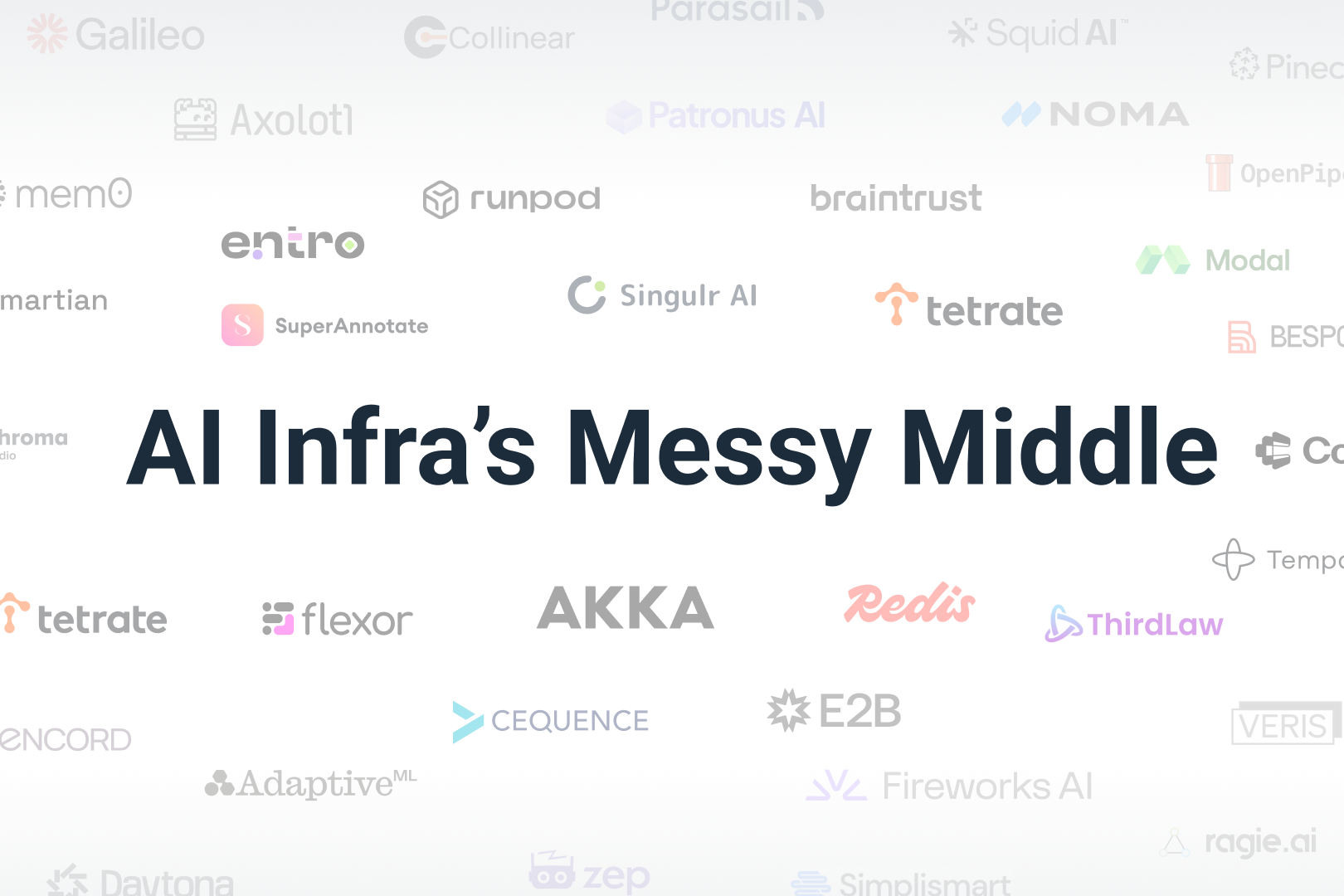How Maven’s Enterprise-ready AI Agents are Transforming Customer Experience

In a market increasingly full of glammed-up chatbots masquerading as AI agents, Maven AGI has built an AI native, end-to-end platform that spans from database to the end user with one goal in mind: perfect the customer experience.
Maven’s AI agents autonomously respond to customer inquiries and take actions on their behalf, as well as give human agents the guidance and intelligence needed to improve the speed and quality of live service. The technology has helped customers like Rho increase their Customer Satisfaction Scores to 95% or higher – a massive improvement from the industry average of roughly 80%.
But CEO Jonathan Corbin and the team have a bigger vision to transform the entire customer journey. By achieving what the company refers to as “business AGI,” Maven can build AI agents that can go from solving tasks to delivering on outcomes in functions across the organization.
“Point solutions never win in the market. Customers are looking for more than that,” Corbin said in a recent interview. “Our goal is not just to create a better chatbot. We want to fundamentally change the customer experience.”
Maven just closed a $50 million Series B, led by us at Dell Technologies Capital, to help execute on that vision. And just over a year after unveiling its platform, the company is now helping over 30 enterprises across SaaS, fintech, and B2B2C industries reimagine how they engage with their customers.
We talked to Jonathan and Chief Technology Officer Sami Shalabi to learn how they’re managing the rapid growth, what’s so special about Maven’s technology and what’s ahead for the company.
The Cure for Digital Bloat
Talk to any customer service agent and most will likely voice the same complaint: too many applications to manage.
“You always have to go back to: what's the user problem?” said Sami. “Nobody is trying to build bad support. Everyone wants the best experience. But the problem is the poor person on the other side has to log in to a lot of systems to figure out what’s going on” before they can even begin to help the customer.
Maven built its platform so that its AI agents can integrate into business systems without a single line of code, whether it's Salesforce, Stripe, Snowflake, Zendesk. For custom in-house systems, Maven fully integrates with just an API connection.
“They’re like Lego pieces that can talk across the enterprise,” said Sami.
Underpinning the system is an “AI brain,” a combination of commercial LLMs and proprietary technologies that enable the AI agents to also easily work across every communications channel, including SMS, WhatsApp, voice and email, and adopt specific personas for each. And because they’re easily connected to the other key applications and systems, Maven’s AI agents can tackle highly complex use cases, and provide assistance in a personalized way to help customers achieve the outcomes and actions they're looking for.
“We’ve created AI agents that operate in every imaginable modality. One brain powers everything,” Sami added.
Most of the work the AI agents are doing is reactive. Once prompted, they traverse across the many digital systems that underpin most customer support operations to surface intelligence or take actions. But in the future, the company’s AI agents will proactively detect issues and pursue opportunities that build deeper connections with their customers – not just in service operations, but in sales and other functions.
Ultimately, Maven’s vision for business AGI will have agents tackle overarching “human problems,” not just tasks. For example, instead of the user prompting the AI agent to create a marketing campaign intended to help generate new leads, the system will jump directly to independently researching and identifying the best targets.
“Its not just about the support use case, it's about the entire customer experience,” said Sami. “We’re uniquely positioned to start thinking about AI that has capabilities of solving these human problems, as opposed to solving tasks they think they need to do to solve problems.”
Managing the Agent Lifecycle
As many enterprises are now finding out, the key to accurate and impactful AI is clean data. And that’s a big problem.
“What nobody has is clean data,” said Jonathan.
But Maven does more than help organizations solve their data management problems, Jonathan and team built the platform to provide the full set of capabilities that organizations need to build and scale AI agents. For example, Maven’s system can identify the missing data needed to deliver desired outcomes. The platform can even generate synthetic data to fill in the gaps.
“Integrations are a big challenge, data management is always a challenge; we tackle both, and give enterprises the ability to deploy AI agents at-scale,” Jonathan added.
Meanwhile, when answers or actions are generated, the system identifies key information, like the origin of the data, which API was called, or which field in the user profile was used, among other insights. And every answer is evaluated. Alongside flagging performing issues, the system can explain the likely cause of the error for fast troubleshooting.
Ultimately, these features are critical to managing the potentially millions of interactions the AI agents will eventually be handling.
When it comes to managing agents at scale, “companies have to have a thoughtful, systematic data-driven model to evaluate and manage the systems as well as to make them continually smarter,” said Sami.
Starting and Staying at Tech’s Frontier
Jonathan, Sami and fellow co-founder Eugene Mann are all former startup founders and long-time veterans of the technology and marketing industries. Jonathan previously did stints at Adobe, Marketo and Hubspot, where he served as the head of customer experience. Sami founded several startups before spending more than a decade at Google, where he launched Google News and created custom news feeds that added over a billion users to the service. Eugene also spent time at Google before going to Stripe to lead product for the Applied Machine Learning team while overseeing risk and compliance for the company’s largest platforms.
As a leadership team, they're steeped in experience but not beholden to it. They understood that AI was going bring about an entirely new marketing stack – from the database to UX -- so that was the place to start. “Because we’re AI native, we don’t have to build things the old way and migrate them, we can start with the buildout without these legacy issues,” said Sami. “We’re unencumbered by legacy tech. That’s a huge advantage for us. We can move fast and iterate quickly to solve real problems and real use cases to get real scale.”
And as incumbents and upstarts alike battle for a slice of the estimated than $50 billion market for customer experience management solutions, Maven’s AI roots give it a key advantage against larger, more established rivals.
--
DTC led MavenAGI's Series B in 2025.

.png)
.png)





.avif)